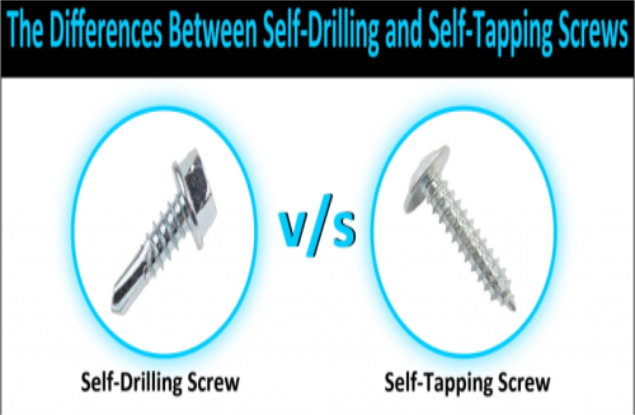Self-Tapping Screws Designed for Metal Fabrication and Industrial Applications in Manufacturing Environments
The Importance of Self-Drilling Screws for Metal Factories
In the modern industrial sector, efficiency and reliability are paramount, particularly in metalworking industries where precision and durability are crucial. One of the key components that significantly contribute to these needs is the self-drilling screw. Designed specifically for metal applications, self-drilling screws offer a range of benefits that streamline processes and enhance the overall quality of metal assembly and fabrication.
Self-drilling screws, often referred to as Tek screws, are engineered to drill their own pilot hole as they are driven into the material. This means the operator does not need to pre-drill holes, which can save significant time and labor costs on the shop floor. Especially in factories processing thin metals, such as aluminum or sheet steel, the ability to penetrate material effortlessly while simultaneously securing fasteners makes these screws an invaluable resource.
The Importance of Self-Drilling Screws for Metal Factories
Quality control in metal factories is critical. Self-drilling screws are manufactured to precise specifications, ensuring consistency and performance across batches. Many reputable manufacturers utilize advanced technologies and quality assurance protocols to ensure their screws meet industry standards. This reduces the risk of failures due to inferior fasteners, thus enhancing the overall integrity of metal products.
self drilling screw for metal factories

Furthermore, the versatility of self-drilling screws is another significant factor in their widespread use within metal factories. Available in various sizes and coatings, these screws can accommodate a diverse range of applications. Whether fastening metal roofing sheets, securing components in heavy machinery, or assembling HVAC systems, self-drilling screws provide manufacturers with the flexibility needed to meet specific project requirements. Additionally, the availability of corrosion-resistant coatings allows for reliable use in outdoor and harsh environments, thus extending the lifespan of the assembly.
Moreover, safety in the workplace is another critical aspect that self-drilling screws address. The use of these screws minimizes the need for additional tools and equipment typically required for pre-drilling, which can lead to a decrease in accidents and injuries on the job. As operators utilize fewer tools, the risk of mishandling equipment is reduced, contributing to a safer working environment.
As industries increasingly lean toward automation and efficiency, the relevance of self-drilling screws is expected to grow. Advances in manufacturing technologies and materials will likely contribute to the evolution of even more specialized screws tailored for niche applications. Innovations such as enhanced thread designs, improved corrosion protection, and bespoke sizes and shapes may further elevate the utility of self-drilling screws in metal factories.
In conclusion, self-drilling screws are pivotal in the metal factory landscape, providing a combination of efficiency, reliability, and versatility. Their ability to simplify the fastening process while ensuring robust connections makes them indispensable tools in the fabrication and assembly of metal products. As the industry continues to evolve, the role of these screws is set to expand, further enhancing the capabilities of metalworking industries. Investing in high-quality self-drilling screws is not just a matter of practicality; it is a strategic move to boost productivity and maintain standards in a competitive market.
-
Top Choices for Plasterboard FixingNewsDec.26,2024
-
The Versatility of Specialty WashersNewsDec.26,2024
-
Secure Your ProjectsNewsDec.26,2024
-
Essential Screws for Chipboard Flooring ProjectsNewsDec.26,2024
-
Choosing the Right Drywall ScrewsNewsDec.26,2024
-
Black Phosphate Screws for Superior PerformanceNewsDec.26,2024
-
The Versatile Choice of Nylon Flat Washers for Your NeedsNewsDec.18,2024










